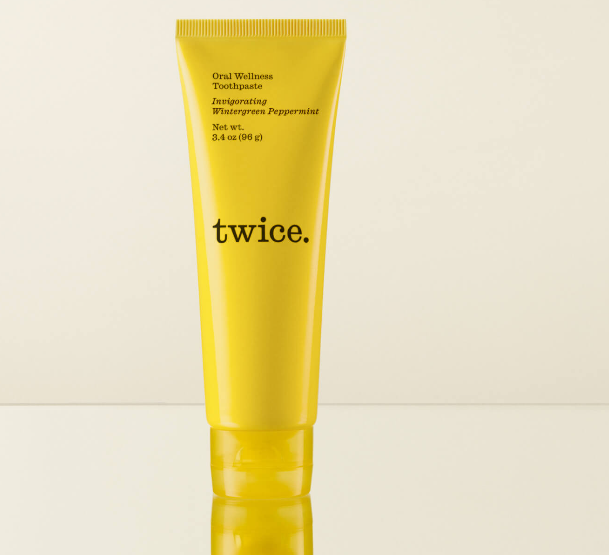In the ever-evolving world of oral care, there's a growing interest in natural and effective alternatives to traditional toothpaste formulations. One such innovation gaining attention is toothpaste enriched with hydroxyapatite. In this article, we'll delve into the world of hydroxyapatite toothpaste, exploring its benefits and considerations without delving into technical terms or specific brand names.
What is Hydroxyapatite?
Hydroxyapatite is a naturally occurring mineral and a major component of our teeth and bones. Known for its biocompatibility, hydroxyapatite has found applications in dentistry, particularly in restorative and preventive measures. In recent years, this mineral has been harnessed for use in toothpaste formulations, offering a unique approach to oral care.
Gentle Cleaning Action
Hydroxyapatite toothpaste is celebrated for its gentle cleaning action. Unlike traditional toothpaste that may rely on abrasive agents, hydroxyapatite particles work harmoniously with the natural structure of teeth. This gentle approach helps remove surface stains and plaque without causing undue wear on enamel, making it suitable for those with sensitive teeth.
Remineralization Benefits
One of the standout features of hydroxyapatite is its role in remineralization. Our teeth undergo a continuous process of demineralization and remineralization throughout the day. Demineralization occurs when acids produced by bacteria attack the enamel, leading to the loss of minerals. Hydroxyapatite toothpaste aids in remineralization by supplying essential minerals to the enamel, helping to strengthen and repair tooth surfaces.
Reduction in Tooth Sensitivity
For individuals experiencing tooth sensitivity, hydroxyapatite toothpaste offers a promising solution. The remineralization properties of hydroxyapatite contribute to reducing sensitivity by fortifying and protecting the enamel. This can be particularly beneficial for those who struggle with discomfort related to hot or cold temperatures.
Natural Alternative to Fluoride
While fluoride has long been a staple in traditional toothpaste formulations for its cavity-fighting properties, some individuals seek fluoride-free options. Hydroxyapatite toothpaste provides a natural alternative for those who prefer to avoid fluoride. The remineralization benefits of hydroxyapatite contribute to maintaining strong and healthy teeth without the inclusion of fluoride.
Considerations for Usage
While hydroxyapatite toothpaste offers various benefits, it's essential to consider individual oral health needs. While suitable for most users, those with specific dental conditions or concerns should consult with their dentist before making a switch. Additionally, it's crucial to maintain a comprehensive oral care routine, including regular brushing, flossing, and professional dental check-ups.
The Role of Hydroxyapatite in Research
Beyond its application in toothpaste, hydroxyapatite continues to be a subject of research in the field of dentistry. Studies explore its potential in remineralization therapies, restorative dentistry, and even as a component in biomimetic materials for dental applications. As research advances, we may witness further innovations and applications of hydroxyapatite in oral care.
Choosing the Right Hydroxyapatite Toothpaste
As with any oral care product, the choice of hydroxyapatite toothpaste should align with individual preferences and needs. Reading ingredient lists, understanding the source of hydroxyapatite, and considering additional features such as flavor and texture can help users make informed decisions. Personal preferences, oral health conditions, and any specific concerns should guide the selection process.
Conclusion: Nurturing Oral Health Naturally
In conclusion, hydroxyapatite toothpaste represents a natural and gentle approach to oral care. With its remineralization benefits, reduction in tooth sensitivity and fluoride-free composition, it offers an alternative for those seeking a more nature-inspired solution. While the application of hydroxyapatite in oral care continues to evolve, its presence in toothpaste marks a promising step toward nurturing oral health naturally. As always, individuals are encouraged to consult with their dentist to tailor their oral care routine to their specific needs and conditions.





Comments